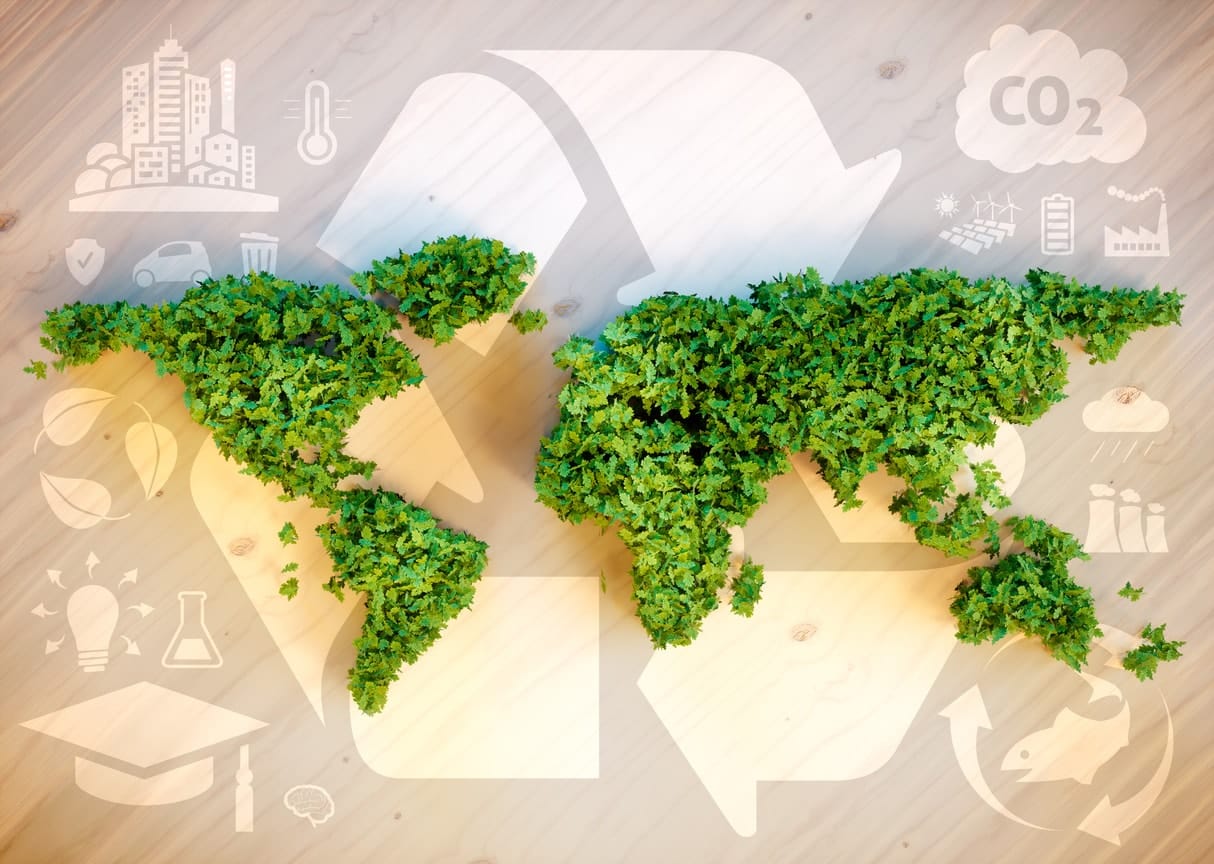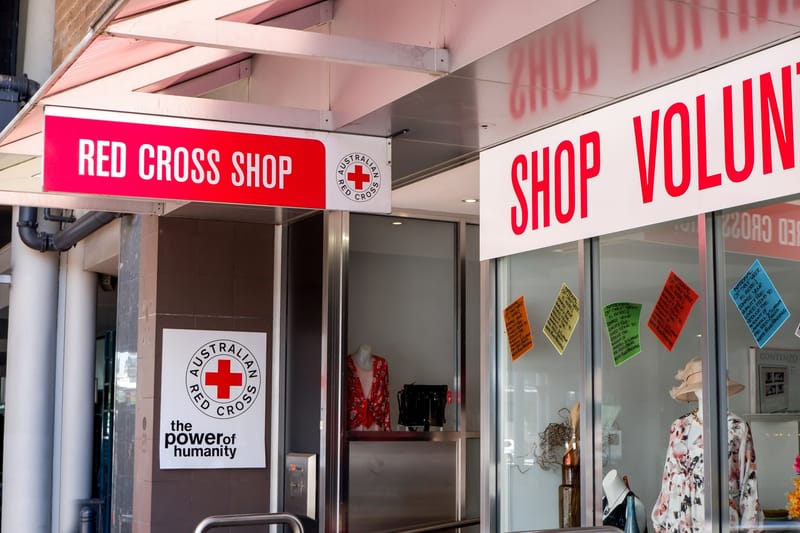

In 2007, British economist Sir Nicholas Stern called climate change “the result of the greatest market failure the world has ever seen”. But what if markets and industry are also the very instruments to help humanity avoid the worst of the climate crisis?
Not long after Stern’s declaration, The Myer Foundation and Monash University partnered to establish ClimateWorks Australia, an independent, evidence-based, not-for-profit organisation focused on helping Australian industry move to a prosperous, low-carbon future.
Anna Skarbek has been there from the beginning. Since 2009, the former lawyer, investment banker, government advisor and carbon trading expert has been at the helm of ClimateWorks, helping to steer Australia along the track to meeting its Paris Agreement climate commitments.
“ClimateWorks’ founders, The Myer Foundation and Monash, recognised there was awareness about climate change, but not a lot of trusted advice for businesses and governments on how to act on it,” Skarbek says. It was the perfect niche for a philanthropic organisation to fill and, since its creation, ClimateWorks has been helping to catalyse emissions reductions in Australia.
“It’s a race against time for the climate science, but I remain optimistic because I see the improvements in the technology, the shifting consumer sentiment, and the desire of businesses to want to do things the right way.”›
In only its second year of operation, ClimateWorks won a Eureka Prize – the ‘Oscars’ of Australian science – for its low-carbon growth plan for Australia, the first economy-wide road map to a low-carbon future for the nation. It’s since gone one step further with its Deep Decarbonisation Pathway program “that showed how Australia can reduce emissions to net zero to stay within the Paris Agreement climate goals”, Skarbek says.
ClimateWorks is working across a diverse range of industries, from the food and land-use sectors through to banking and finance, all of whom are making use of the organisation’s expertise to work out what their respective pathways are to achieve net zero carbon emissions.
While political will on emissions reductions has waxed and waned during ClimateWorks’ time, Skarbek says Australia is heading in the right direction, but keeping ahead of the pace is the challenge. “It’s a race against time for the climate science,” Skarbek says. “But I remain optimistic because I see the improvements in the technology, the shifting consumer sentiment, and the desire of businesses to want to do things the right way.”





